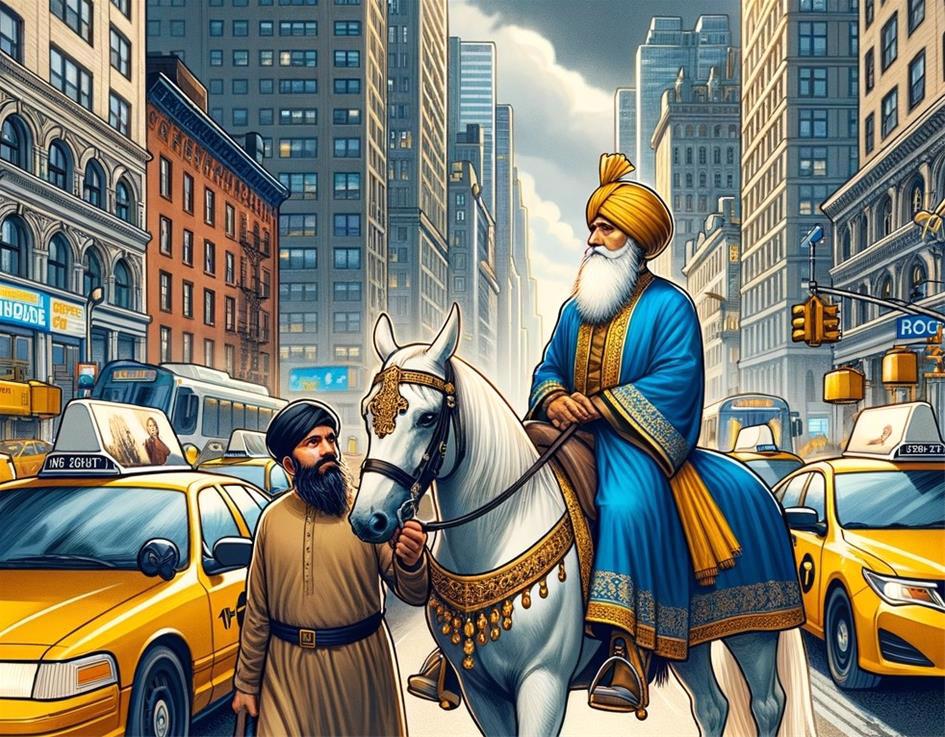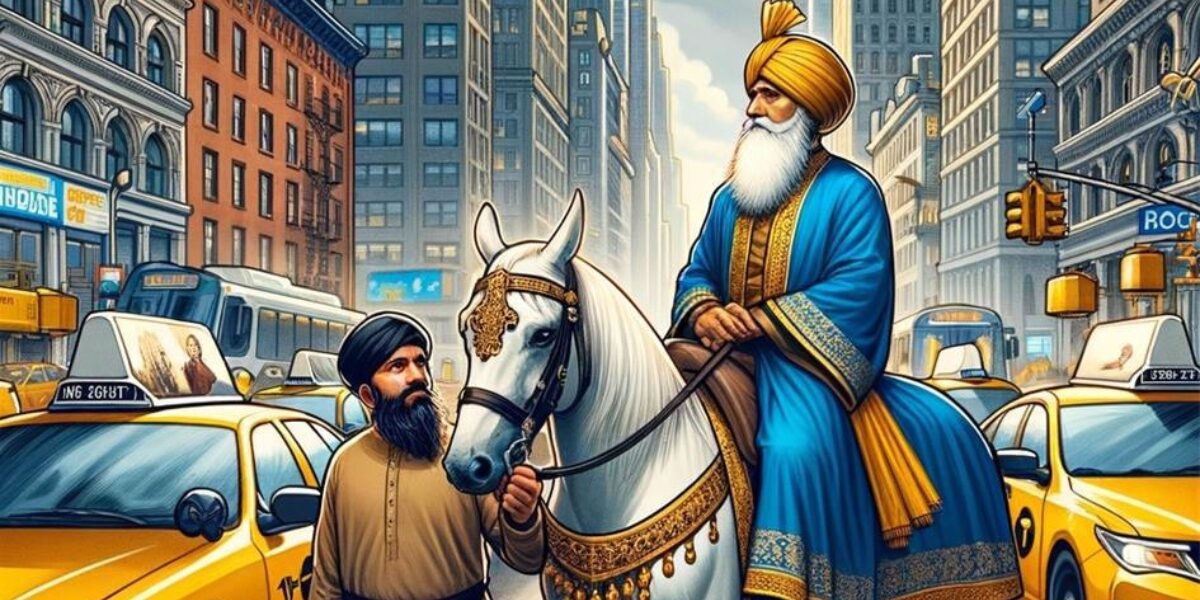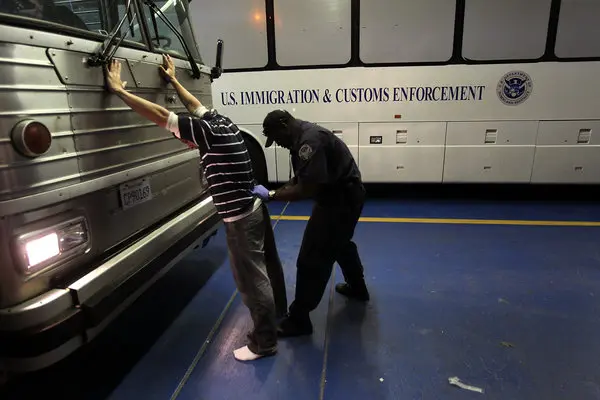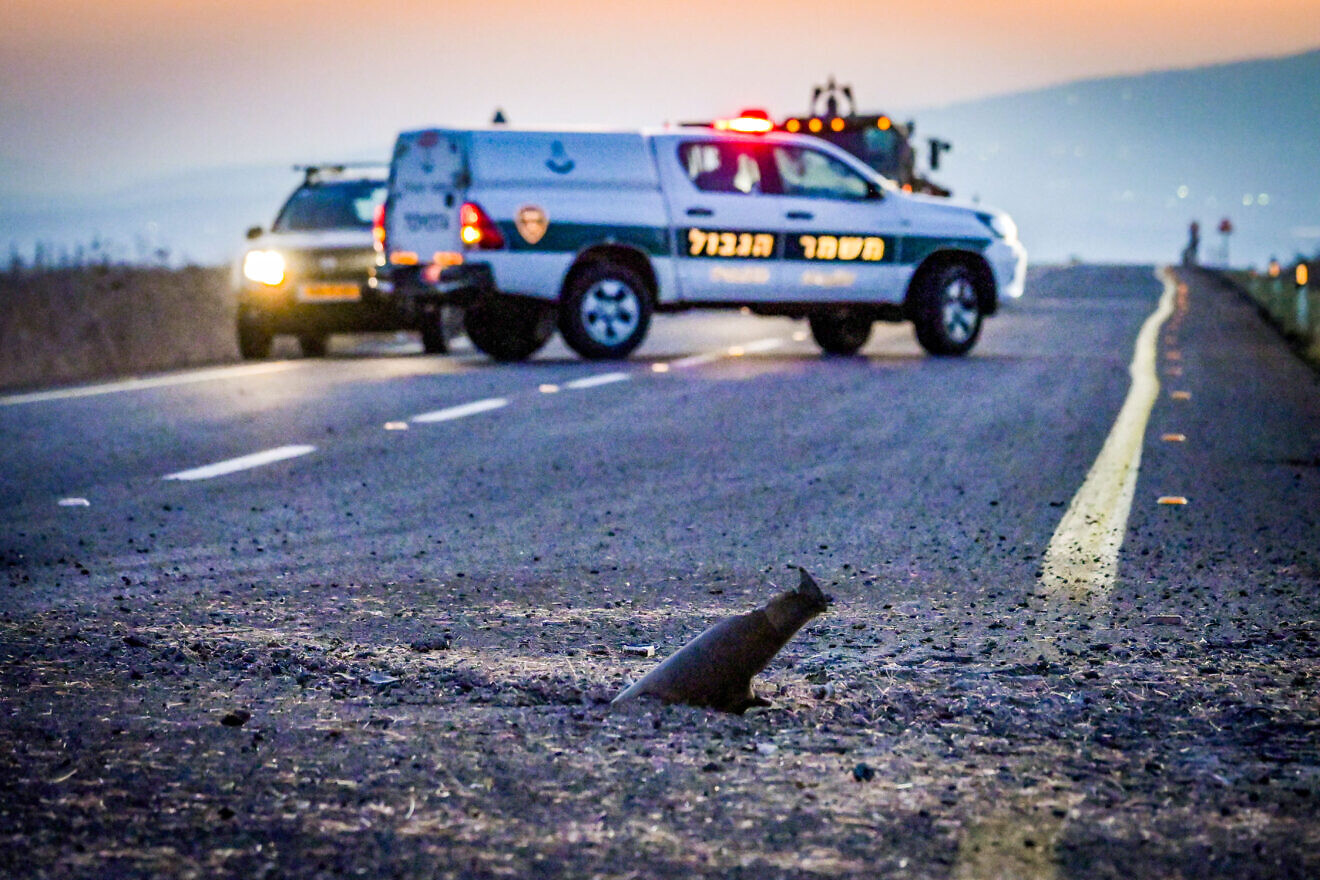Tzvi Freeman of Chabad.org

If there is any one word that can describe the emotional reaction of Jews to the sudden flood of antisemitism in America today, it is “betrayed.”
Who has betrayed us? Not the white supremacists, not the neo-Nazis and the ignorant, brainwashed skinheads—there’s no element of surprise there—but the educated, humanitarian left, that segment of society that Jews have embraced more than any other, both ideologically and socially. The gentle souls who walked with us in sympathetic conversation have turned with teeth, claws, and venom against us.
What prompted their betrayal? Because they saw that it was possible to murder, rape, and torture over 1,200 of us, abduct our babies and elderly, and get away with it. That was “exhilarating” and “awesome.” That very morning, there were those who jumped out of bed eager to blame the victims, defend murderers and rapists, and celebrate our pain. Only later were they angered that we dare attempt to rescue our loved ones and protect ourselves from those who would destroy us, dampening the perverse antisemitic exhilaration that comes from seeing a Jew suffer.
Why is betrayal so shocking? Because it redefines not only the present but the past. It means that all along, the people you thought were your friends were holding a dagger for you in their back pocket. It disrupts your sense of reality so that you are now forced to think and live in an entirely different way.
The Jewish people, on their long trek through history, carry a sort of mirror, a statement of a time that was then as it is now, here as it was there, because it continues to play and replay in endless variations. There’s a time for pulling this mirror out, around winter’s end, as the blossoms begin to appear, on Purim. It’s called the Scroll of Esther, or just “the Megillah” (the Hebrew word for scroll).
The story of Esther takes place in the world’s first cosmopolitan civilization, the Persian Empire. With a network of highways and the first postal system, with appointed governors over lands from Ethiopia to the Indus Valley, comprising a vast diversity of some 60 million people, the Persian Empire by necessity relied on a policy of tolerance.
We had been exiled from our land to the heart of this empire for over three generations. As an educated class, we had made great contributions to their economy, their culture, and their civilization. Among us were scribes, scholars, political advisors, such as Daniel, Mordechai, and even the queen herself, Queen Esther.Perhaps we will discover divine meaning in all this pain, that all we really have is that which we had from the beginning.
The capital city of Shushan was filled with successful Jews. When the king made a banquet for all the city’s inhabitants, we were there, and we were treated no differently than any other subjects of the king. In the royal palace, a Jew could ask for kosher food and be served it, or for whatever food or wine he or she may please.
And then the news arrives that the king has secretly signed off on Haman’s plan to render his empire Judenrein. It makes sense that we would be left in shock (as the Megillah puts it1). We had been betrayed by the empire we had come to consider our home. It was a shock perhaps even more sudden and bewildering than that which American Jewry experienced on October 8, 2023.
In Ancient Persia, it probably wouldn’t have helped to stand up at a public award event and declare that you don’t consider your Jewishness a justification for whatever blood-libel Haman’s thugs had fabricated. Or to publicly divorce yourself from the actions of Mordechai and his refusal to bow to Haman. On the other hand, you could likely escape the wrath of Haman’s protesters by getting out of your typically Jewish mode of dress and pretending you were just another fire-worshiping Persian.
But this magical mirror tells us, no, that is not what saved us. No Jew at that time even considered jumping ship.
Haman had declared we were a scattered, fragmented people.2 So we united as one.3
As Esther instructed Mordechai, “Go, gather all the Jews.” And as many midrashic accounts describe at length.
Of course, being united didn’t change the minds of Haman’s terrorists. Neither did it directly change the mind of the king. It worked for only one reason: Because we are not a normal people. We do not exist within the natural universe. We are a special people with a G‑d-given task to bring His oneness into this crazy world. And only when we embrace that task of oneness can we rise above the natural ramifications of being the proverbial lamb among seventy wolves.
What does it mean to be united as one? Does it mean that we all agree on everything? In the Jewish sense of the term, definitely not.
Jewish unity means that we listen to one another, care for one another, and work together for the good of us all. That gives us strength, and the strength brings with it more unity.
When Jews feel united, we are not afraid to stand out as Jews, to do the things Jews do in public, to stick mezuzahs to the doorposts of our homes and offices, to request a kosher meal at the office lunch party, or to turn up at school or work one day with a kippah.
It empowers us to embrace a new, lucid notion of reality—the notion that we are here with a purpose to change the world, that we have largely succeeded, and that those who despise us are those who despise change for the good. They themselves may not recognize their resistance, their subliminal desire to return to the savagery of pre-modern times. They may cloak themselves in a gown of humanitarian concern, dressed with the badges of the struggle of the oppressed.
But the masquerade is over, the masks have been removed, and everyone now knows what the word “Zionist” really means when issued from their histrionic mouths. It’s up to each one to choose which direction you wish to travel on history’s highway.
This is the miracle of our current situation: The Jewish people have never been so united. Past pogroms and outbursts of antisemitism brought fear, anger and assimilation in their wake. This horrific attack has acted as a great shofar call to bring us together. Perhaps for the first time in Jewish history, there is a shortage of tefillin, as scribes struggle to keep up with the demand. It’s becoming increasingly difficult to find a Jewish woman who does not light Shabbat candles.
Perhaps we will discover divine meaning in all this pain, that all we really have is that which we had from the beginning.
Last week, Brigadier General Dan Goldfus, much-admired commander of the 98th division of the IDF, spoke to his nation with great emotion. “From my heart,” he pleaded, “I ask of you to be together, united, to push away the extremism, and to adopt togetherness. Find what unites us. We on the battlefield found it and we will not give up on it. Make this all worthwhile.”
There are many who do not believe in us. But we believe in ourselves. We look in our mirror and we see, as in the Purim story, that the tables will soon be turned. And if the darkness can become light, and our pain transformed to joy, then, too, perhaps this time around, all the hatred in the world can be forever put to rest. For real.




